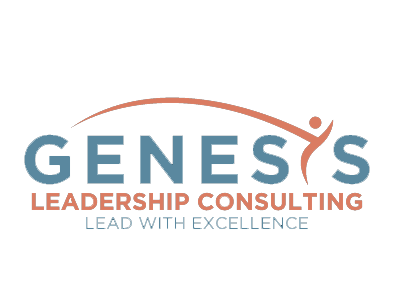NL # 73 – Mastering Communication for Effective Leadership. Communication in Conflict. The Importance of Non-verbal Communication.
Thought #1 – Mastering Communication for Effective Leadership.
In today’s fast-paced world, mastering communication is not just an asset—it’s a necessity. Building robust communication skills is the cornerstone of effective leadership. It’s not merely about speaking clearly but about listening actively, understanding different perspectives, and conveying messages that resonate. Whether in meetings, one-on-one conversations, or team collaborations, your ability to communicate with clarity and empathy will define your leadership impact. Remember, great leaders are not just great speakers; they are great listeners too.
Thought #2 – Communication in Conflict.
Conflict is inevitable in any organization, but how you handle it can either build or break your team. Communication during conflict should be approached with a calm, solution-focused mindset. Start by acknowledging the other person’s perspective and expressing your understanding of their concerns. This not only diffuses tension but also opens the door to finding common ground. Effective leaders use conflict as an opportunity to strengthen relationships, build trust, and encourage open dialogue. Instead of shying away from disagreements, see them as a chance to grow both personally and professionally
Thought #3 – The Importance of Non-verbal Communication.
Did you know that a significant portion of communication is non-verbal? Your body language, facial expressions, and eye contact can convey more than words ever will. Non-verbal communication plays a crucial role in how your messages are received and interpreted. As leaders, being aware of your non-verbal cues is essential in ensuring that your words align with your actions. For instance, maintaining eye contact during conversations shows confidence and attentiveness, while a simple nod can reinforce your engagement. By mastering non-verbal communication, you can become a more effective leader, building deeper connections with your team.
Quote for the Week
The most important thing in communication is hearing what isn’t said.
– Peter Drucker
An Article for You
Mastering the Art of Effective Communication: Building Productivity and Collaboration
Reflection Questions
- How can you enhance your listening skills to better understand your team’s needs and concerns?
- What strategies can you implement to ensure more effective communication during conflicts?
- How can you become more aware of your non-verbal cues to align them with your verbal communication?
